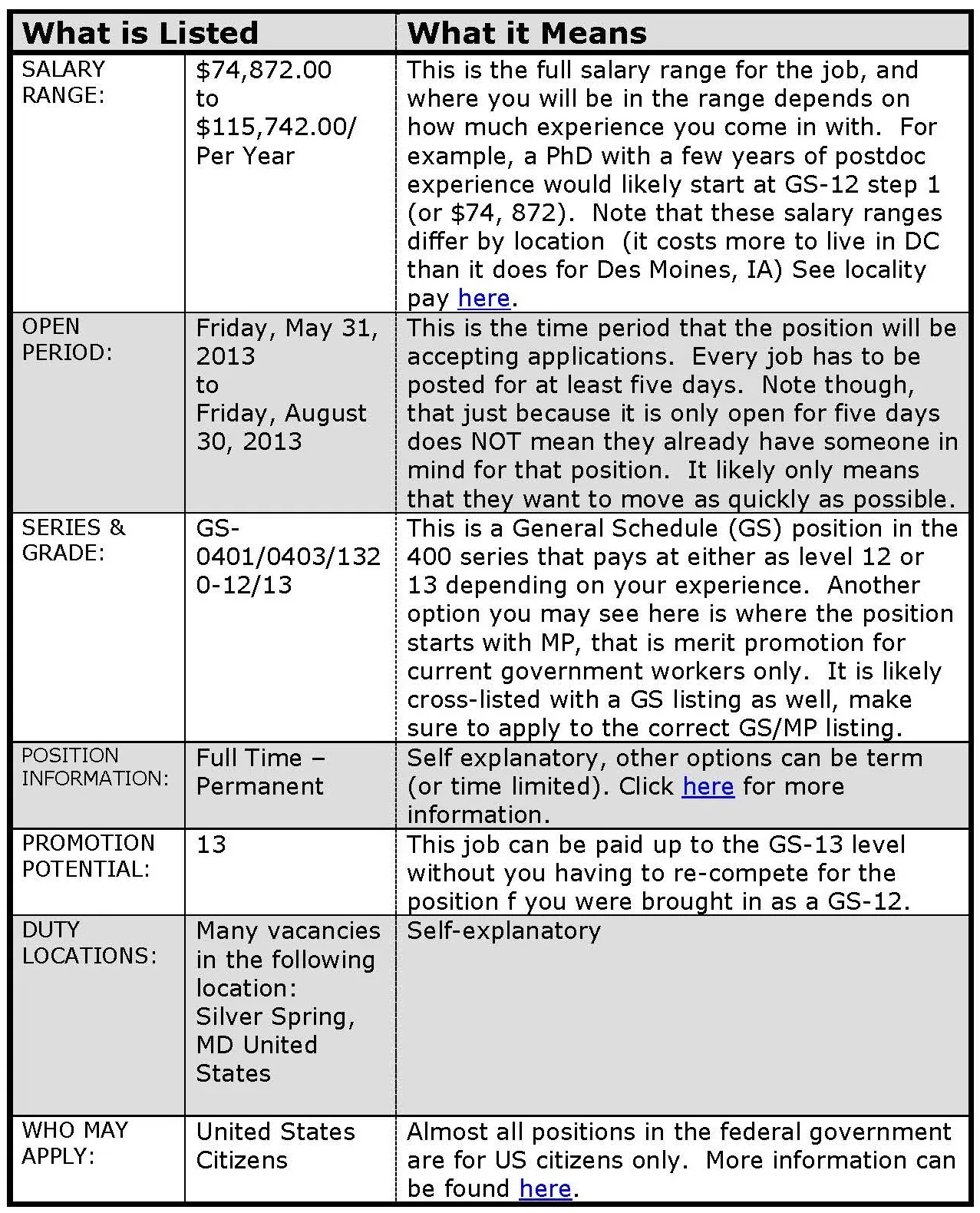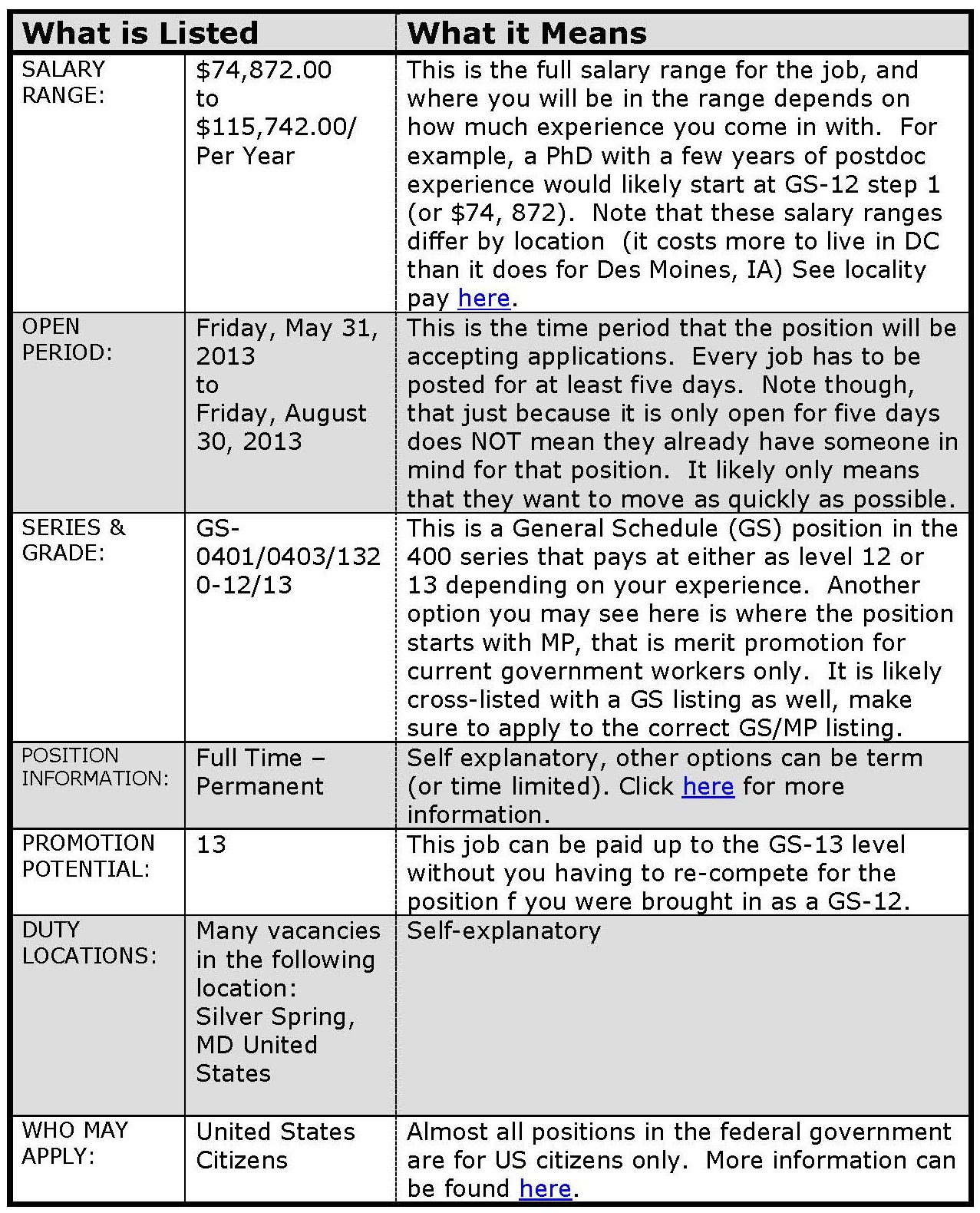Name: Benjamin Porter, PhD
Job Title & Company: Communications Manager, Office of Communications; The University of Texas at Dallas
Location: Dallas, Texas
How long you’ve been in your current job: 3 months
Postdoc Advisor, IC and subject: Alan Koretsky, NINDS, Behavioral fMRI
What do you do as a Communications Manager?
Basically, my job is public relations — I handle both internal and external public relations matters for the School of Behavioral and Brain Sciences at UT Dallas. When researchers do interesting work or if they just received a grant or published a paper, I will write up a story for the University website. If we think it could be a bigger news story, then we try pitching it to a newspaper or TV station. Similarly, if there is a current events topic going on at a time when it makes sense for an expert to comment, then we will also pitch our faculty as experts. A recent example is the explosion at the chemical plant in West, Texas. We were able to pitch a chemist who could explain the basic science behind that event.
What are the most important skills that you utilize in your current position?
A lot of it is listening and being able to interpret what is being said. One of the reasons I was hired is because I have a PhD, and I am able to understand the science behind what the faculty are doing. I can then take that and translate it into layman’s terms. I can also understand the faculty’s concerns in talking to the media and the fear that they might be misrepresented. On the other side, I understand what the media needs and what they need the faculty to say, and I can interact between the two parties well.
I write press releases and internal newsletters, so being able to write and edit goes a long way. I am currently learning AP style and how to write for the news, but these are things you can pick up as long as you have the basic skill. Writing for the NIH Catalyst or the Record are great ways to practice writing for the public.
What has been the hardest aspect about transitioning into this career?
For me, I like to be absolutely certain about what I’m doing and know that I am doing it well, so not necessarily knowing every aspect of the job and having to keep asking people if this is correct has been an adjustment. But I think that comes with transitioning careers.
What is your favorite aspect of your current job?
I love getting to hear about everybody’s research and getting to meet with the faculty. There are about 80 faculty members that I work with and getting to meet all of them and hearing what they are doing is great. Then I get to brag about them, which is also fun.
What was your job search like?
My job search was weird. I started off looking for a job in DC because I was planning on going into science policy. I spent the last year of my postdoc getting prepared to find a job in science policy – making all of the connections and laying the groundwork. Then, the sequestration came around and my wife’s job at the Department of Defense became less stable. It was no longer feasible to live in DC and provide the life for our kids that we wanted, so we decided to move to Dallas because of our family connections here. I shifted my career path somewhat, but the part of science policy that I really liked the most was promoting science, which I still get to do.
My job search was remote at the time, so I used my network as much as possible. I also did a lot of cold calls and cold emails to find job leads in the area. It turned out that a friend worked at UT Dallas and promoted the school as a great place to work. Then I just applied to an online job posting and worked my way in from there.
What was the response to your cold calls and emails?
A lot of the time, I would be told that the company wasn’t hiring, but they almost always gave me somebody else to call or another direction to go. One contact always led to two or three others. I did probably 15 cold calls and only three or four didn’t get back to me. Just be sure to be upfront that you are looking for job leads in a cold call and not necessarily inquiring for a specific position. Limiting yourself to an inquiry into if the company is hiring will result in a simple yes or no answer. Leave it more open-ended than that.
How did you find people to call?
I did a lot of informational interviews when I was in DC. I did something like 50 informational interviews. From those interviews, I was able to ask people for connections. Also, my mentor at NIH encouraged me to get involved in extracurricular activities. I joined AAAS (The American Association for the Advancement of Science) and I started the Washington, DC, Metro Area Chapter of the Society for Neuroscience, which is still running strong. These involvements helped me to meet people and develop soft skills; plus, I was very lucky to have my mentor — my success seemed like his priority. Dr. Koretsky was one of my biggest assets.
What are the most important soft skills needed for your position?
The ability to get along well with people, especially with multiple bosses and multiple demands. You have to be able to work with others and compromise with them. I did a wonderful detail with the Office of Extramural Research, which allowed me to report to both my mentor and my detail manager. Balancing the needs of two very different jobs was a great preparation.
Open and straightforward communication is hugely important in my position, as is being able to jump right in. If you are switching careers, you don’t necessarily have to be comfortable, but try to be comfortable with your discomfort.
In hindsight, is there anything that you would have done differently with your job search?
I might have started earlier and looked a little more aggressively. And by that I mean meeting people. The connections that I made in DC were fairly limited to NIH. Towards the end, I was starting to branch out to some of the nonprofits in the DC area, and I wish I had started doing that earlier. I would recommend establishing your network fairly early and making it a broad net.
Any last bits of advice?
Don’t do it alone! NIH is a fantastic resource. OITE is a fantastic resource. The people there are really great about helping out. Get to know the folks there well and early. Plus, with all of the informational interviews that I did at NIH, I can say that almost everybody is willing to help you.
From the over 50 informational interviews, I only had about five that never got back to me. Of those 50, I probably only cold called five to ten people. All of the other connections were sparked from those first few calls, so always be sure to ask the person for another connection recommendation. The informational interviews also helped make me more comfortable when the time came for an actual job interview. NIH is a great place for career development, so use it as much as you can.




